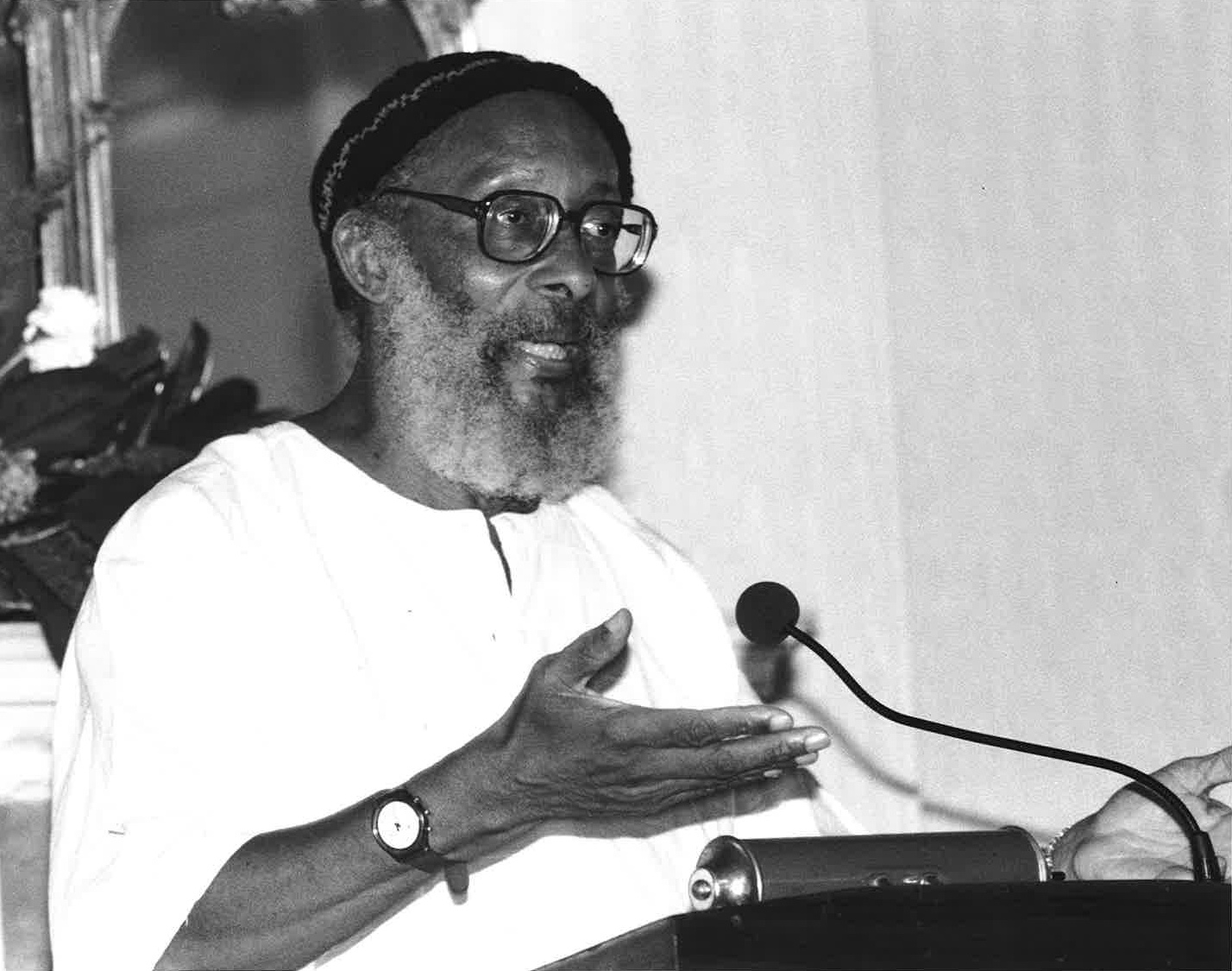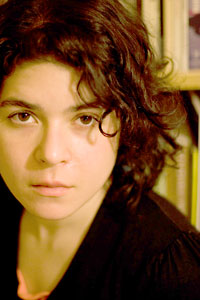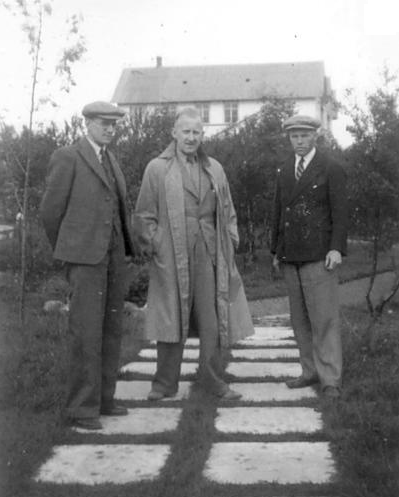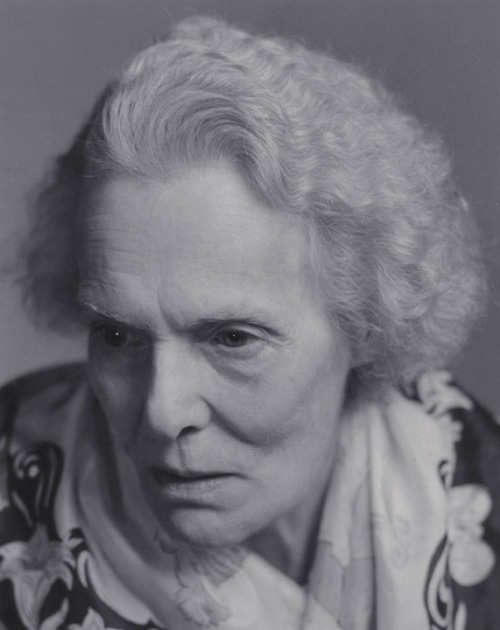 |
| Elise Cowen [Ahsahta Press] |
from Elise Cowen's Elise Cowen: Poems and Fragments, ed. Tony Trigilio:
A cockroach
Crept into
My shoe
He liked that fragrant dark
A cockroach
Climbed into
My shoe
Away from cold & light
I crept my hand
In
After him
Cockroach
The best I can do for you
Is compare you to bronze
And the Jews
You're not really welcome
to use my shoe
For a roadside rest
Obvious
From the shadow of my hand
You keep coming back
across my floor
For more? — look —
You've lost an antenna
I treat you
seriously affectionately as a child
——
And not to forget
the cockroach
that crawled across
the floor & painted
blue under the stove
somewhere in the [ ]
to God knows where
——
Keep out of the light
Out of the dangerous radiance of
Bong Eyes
Respect the cockroach centuries
And the heavy confection of plunder kitchen
——
Must I move to get away from killing you
And carry to Sutton Place in the back of my mind
back to San Francisco ants
To get away from you?
I know —
I'll starve a hungry cat
And name it Darwin
Angels
If I crawled into your crack in the wall
Four clumsy appendages, too dumb to talk
What would you & your dynasty do?
Tickle me to death under your indifferent feet
Teach me to be a makeshift cockroach
Live off my flesh & use the bones for cockroach walls
Cockroaches
Prepare
I'm coming in



















